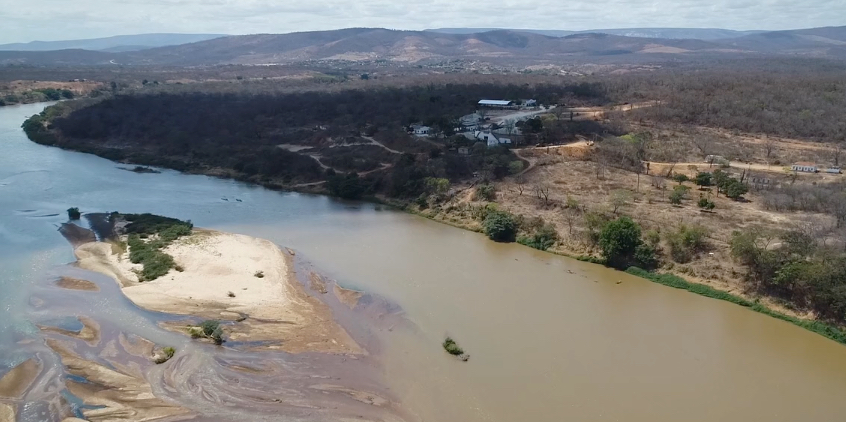Brazil eases rule on lithium exports amid rising demand

Brazil relaxed rules on lithium exports in a bid to cement itself as a global supplier and tap into surging demand for the metal used in electric vehicle batteries.
Mines and Energy Ministry Adolfo Sachsida on Thursday told Reuters the measure is expected to move lithium investments in Eastern Europe and Asian countries towards Brazil instead, calling his country “safe haven.”
His remarks to Reuters came a day after the government issued an executive order saying Brazil’s lithium exports no longer needed to be approved by the Science and Technology Ministry’s nuclear energy committee.
“That increases legal certainty and predictability [for companies] while reducing bureaucracy,” Sachsida said.
Brazil has only a small electric vehicle industry, and does not have facilities to process the metal so it can be used for batteries. Exports are seen as the best hope for the country’s nascent lithium sector.
An important raw material for battery production, lithium is key to the electric vehicle industry. A smaller volume is also used in nuclear reactors, which was the basis for Brazil’s previous exporting rules.
Local state-run geological service SGB said the order fixed issues stemming from regulation set in the 1970s, when the country began exploring nuclear energy.
Canada’s Sigma Lithium Corp, which is set to start producing the metal in the South American nation later this year, said the move to drop an “anachronistic regulation” would kickstart Brazil’s efforts to become a global force in the sector.
Expansion mode
Brazil is looking to expand lithium production especially in the Jequitinhonha Valley in Minas Gerais, according to the government, which expects more than 15 billion reais ($2.81 billion) in investments by 2030.
Data provided by SGB showed the country currently accounts for about 1.5% of the world’s lithium production, with only two Brazilian mining companies operating there – CBL and AMG Brasil.
It expects that share, however, to reach 5% in the next ten years.
Brazil’s output would still lag Australia and Chile, the world’s two largest lithium producers, which produced 55,000 tonnes and 26,000 tonnes, respectively, last year, according to the US Geological Survey.
Its lithium reserves are also dwarfed by the size of lithium deposits in Australia, Chile, China and the United States.
Still Sigma’s co-chief executive Ana Cabral-Gardner is optimistic and expects the Brazilian unit to start production by the end of the year.
“Brazil will be in an unbeatable position to supply North America and Europe, the so-called Atlantic chain, where the final consumers of electric vehicles are,” she told Reuters.
Sigma, which holds 28 concessions to explore lithium in Brazil, aims to produce 37,000 tonnes by December, if construction remains on schedule. That production is earmarked for South Korean battery company LG Energy Solution Ltd, which signed a supply deal with Sigma last October.
Argentina and Bolivia, which have massive lithium supplies locked in mountainous brine deposits, have announced their own plans to boost their own output of the metal, though those plans have faced challenges.
China is the world’s largest lithium processor.
($1 = 5.3425 reais)
(By Rafaella Barros, Ernest Scheyder, Marcela Ayres and Gabriel Araujo; Editing by Diane Craft, Deepa Babington, and Aurora Ellis)
{{ commodity.name }}
{{ post.title }}
{{ post.date }}




Comments